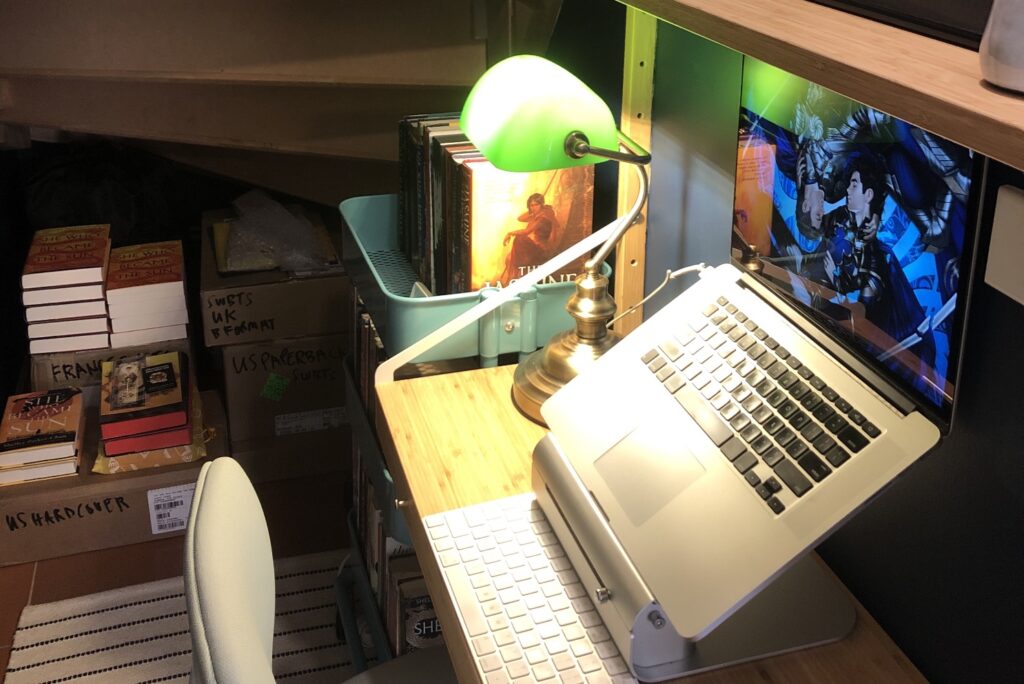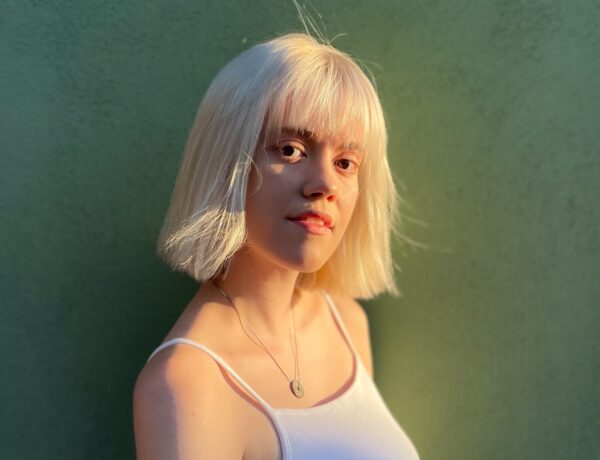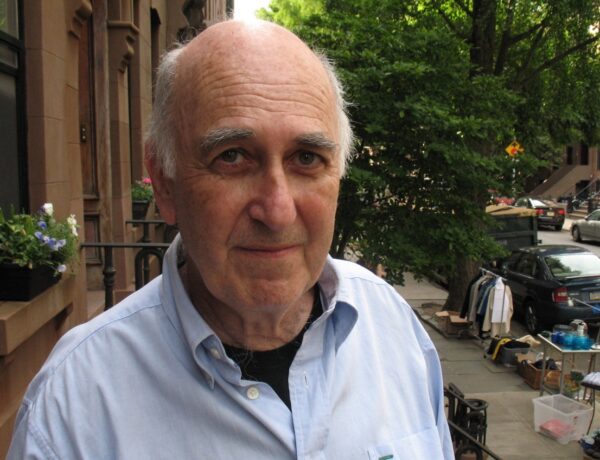Shelley Parker-Chan is an Asian-Australian former international development adviser who worked on human rights, gender equality and LGBTQ+ rights in Southeast Asia.
Their debut historical fantasy novel She Who Became the Sun was a #1 Sunday Times bestseller and has been translated into 12 languages. Parker-Chan is a winner of the Astounding Award, and the British Fantasy Awards for Best Fantasy Novel and Best Newcomer. They have also been a finalist for the Lambda, Locus, Aurealis, Ditmar, and British Book Awards. They live in Melbourne, Australia.
Looking for inspiration to enhance your writing routine? Sign up for our newsletter to receive a weekly dose of daily writing routines from famous authors.
Welcome, Shelley! We’re delighted to have you as a guest on Famous Writing Routines. For our audience who may not be familiar with your work, could you give a brief introduction of yourself and provide an overview of your background as a writer?
Hello! I write historical fantasies designed to feel like book versions of those hyper-addictive Asian historical TV dramas you can find on Netflix. Except in mine, everyone’s queer. There’s love, revenge, betrayals and back-stabbing, tragedy—all the good stuff.
My debut She Who Became the Sun was a #1 Sunday Times bestseller, and won the British Fantasy Award for Best Fantasy. I also won the British Fantasy Award and Astounding Award for best newcomer. The sequel to She Who Became the Sun will be out August 2023. It’s called He Who Drowned the World.
Can you tell us about your writing routine and how you structure your day to make time for writing?
I’m a slow writer, and I need solid blocks of time if I’m to make any progress. Two hours is my preferred length for a writing session, and I’m ferocious about guarding that block from interruption. I try to do 3 two-hour blocks in a workday: two before lunch, and one after. After that my brain is fried, so I go to the gym or do admin. Often the walk to the gym is when I’ll solve the problems that I’ve been wrestling with all day.
Once a month, on the weekend, I meet with a local writing group to sit and write. Before the pandemic it used to be every Saturday, which was even better. Writing can be lonely, so I like to have some social interaction built into the schedule.
How did your background in international development and human rights influence the themes and characters in She Who Became the Sun?
What I write is (deliberately) escapist melodrama, not political or military fantasy. I suppose She Who Became the Sun did come out of my interest in international politics—the human dimension of it. I’m endlessly curious about what kind of person can not only imagine, but instigate, the total upending of the world they live in.
Can you speak to your creative process when crafting the historical and fantasy elements in your book?
I did do a lot of research for the historical setting, but in a haphazard way. My intention was to reproduce a plausible historical feel, rather than strict accuracy, so my approach was “absorb the vibe through osmosis.” I was living in Asia at the time, so there was research material everywhere.
I visited a lot of regional museums, bought too many books, and binged a bunch of TV. But there’s always the point at which you have to stop researching and just write. I try not to research when I’m drafting. If I was getting sucked down a Wikipedia rabbit hole every other sentence, I’d never finish.
Discover the daily writing habits of authors like Stephen King, Neil Gaiman, and Gillian Flynn with Famous Writing Routines Vol. 1 and learn how to take your writing to the next level. Grab your copy today!
How do you balance writing with your other professional commitments and responsibilities?
Before publishing a book, I never considered how being an author involves running a small business. I had to learn how to make a website, do graphic design, do promotion, and speak in public. Of those, I find anything public-facing super difficult. And because I’m in Australia, online author events for US/UK audiences are often as early as 6am local time. At the beginning I felt pathetic when I’d be unable to write after an early event, but now I give myself permission to take the rest of the day off. Self-care!
Can you tell us about any daily habits or routines you have to maintain a productive writing schedule?
Since I work from home, I do a “pretend commute” to my desk: I’ll go for a walk to put myself into a work headspace, and once I’m at my desk I’ll pretend the rest of the house doesn’t exist. I close the door of my workspace and leave my phone outside. After lunch I migrate to a different spot around the house—couch or bean bag—so it feels like a fresh start.
I once read an interview with an actor who said she used to choose a unique perfume for each role she played, so I bought tiny perfume samples—they’re only a couple of dollars, and last for ages—picked one for each project, and put that on as I’m about to write. It’s a great shortcut to transport myself into the world of the book.
Can you share with us your experience of seeing your book translated into 12 languages and becoming a bestseller?
I spent a lot of time in Asian bookshops during the time I was writing She Who Became the Sun, so I always had this silly dream of seeing it in print with one of the pretty covers that my favourite Chinese and Korean historical romance novels had. So I was over the moon when we sold the Korean rights! But the Polish special edition also has absolutely banging interior illustrations—they nailed a 1960s Asian martial arts pulp comic style. I’m obsessed.
What does your writing workspace look like?
I used to work in my bedroom at a desk in front of a nice sunny window, but then Melbourne had its epic pandemic lockdowns in 2020-1. Out of desperation for a space that I could exclude my family from, I moved into the cupboard under the stairs. It’s too compact for anyone else in the family to find useful, but I’m small and it turns out that a child-sized desk and chair are actually the correct size for me! It suited me so well that I’ve stayed ever since.

Affiliate disclaimer: Some links on this website are affiliate links. We may earn a small commission if you make a purchase through these links, but only promote products we truly believe in. We disclose affiliate links and give honest reviews.



No Comments